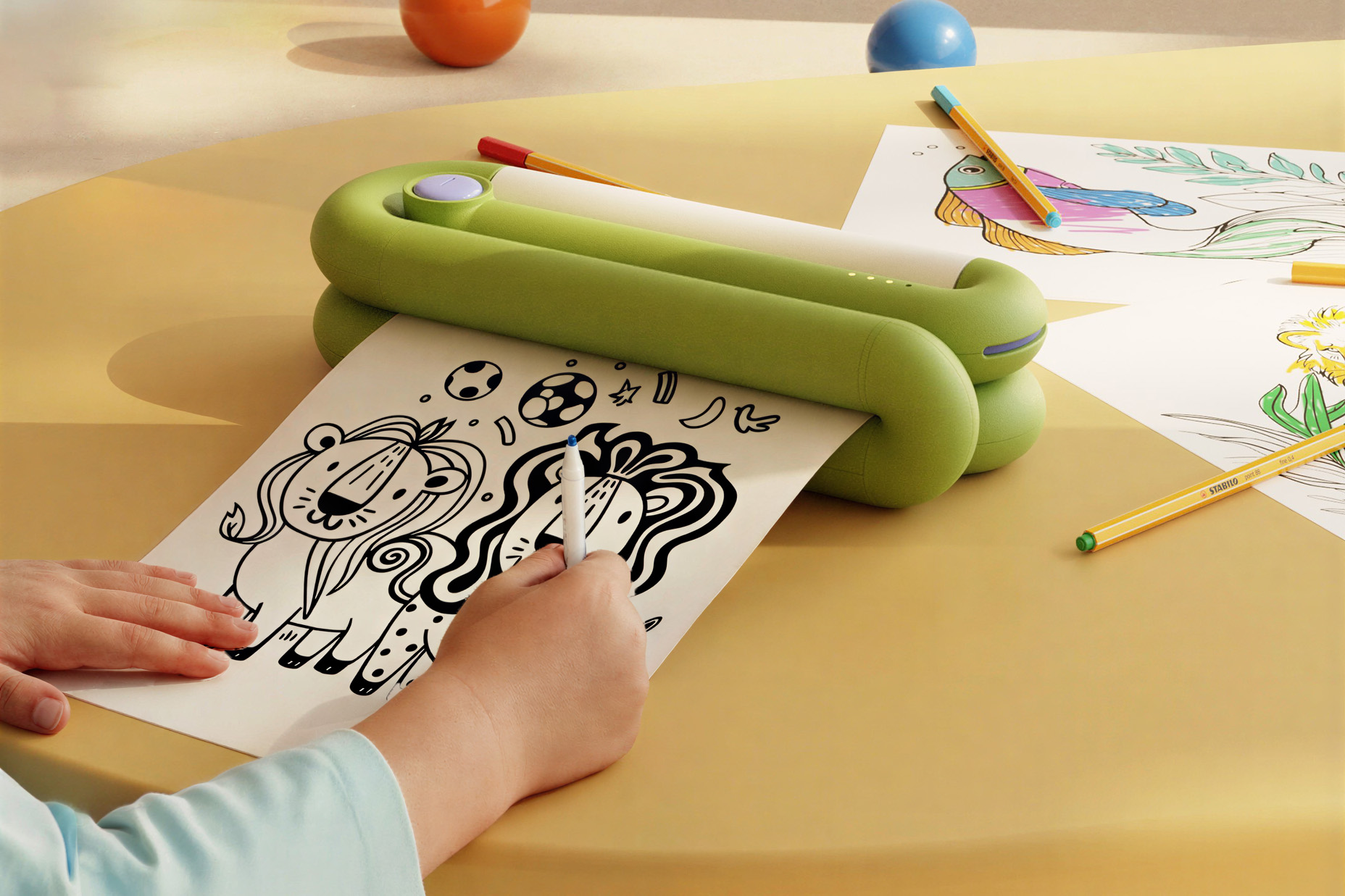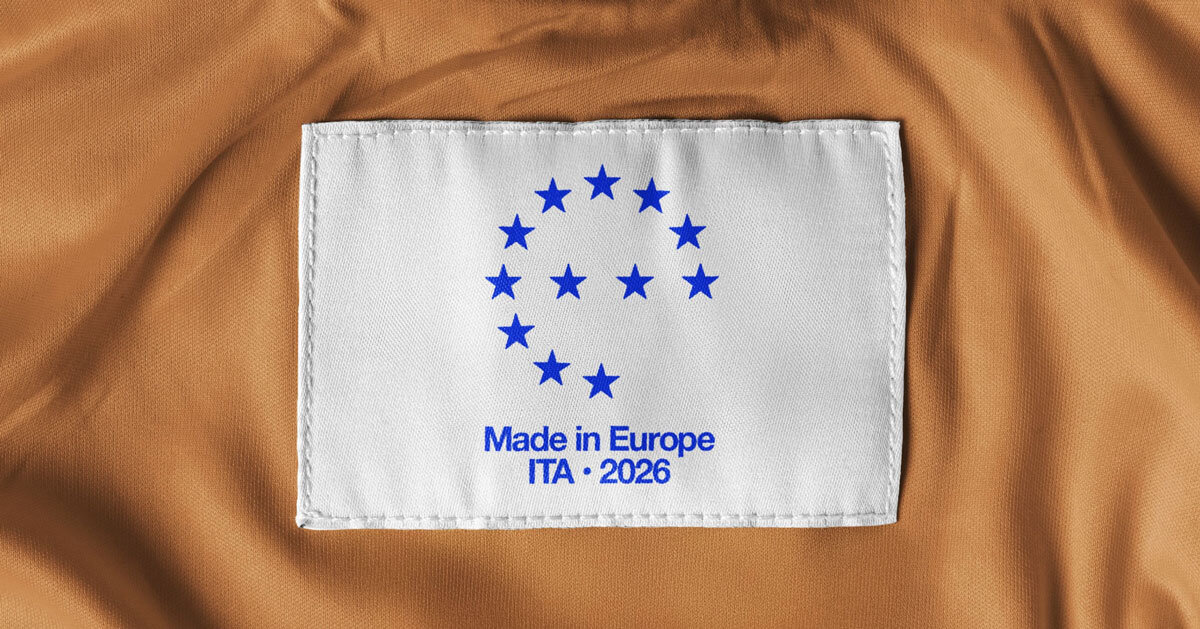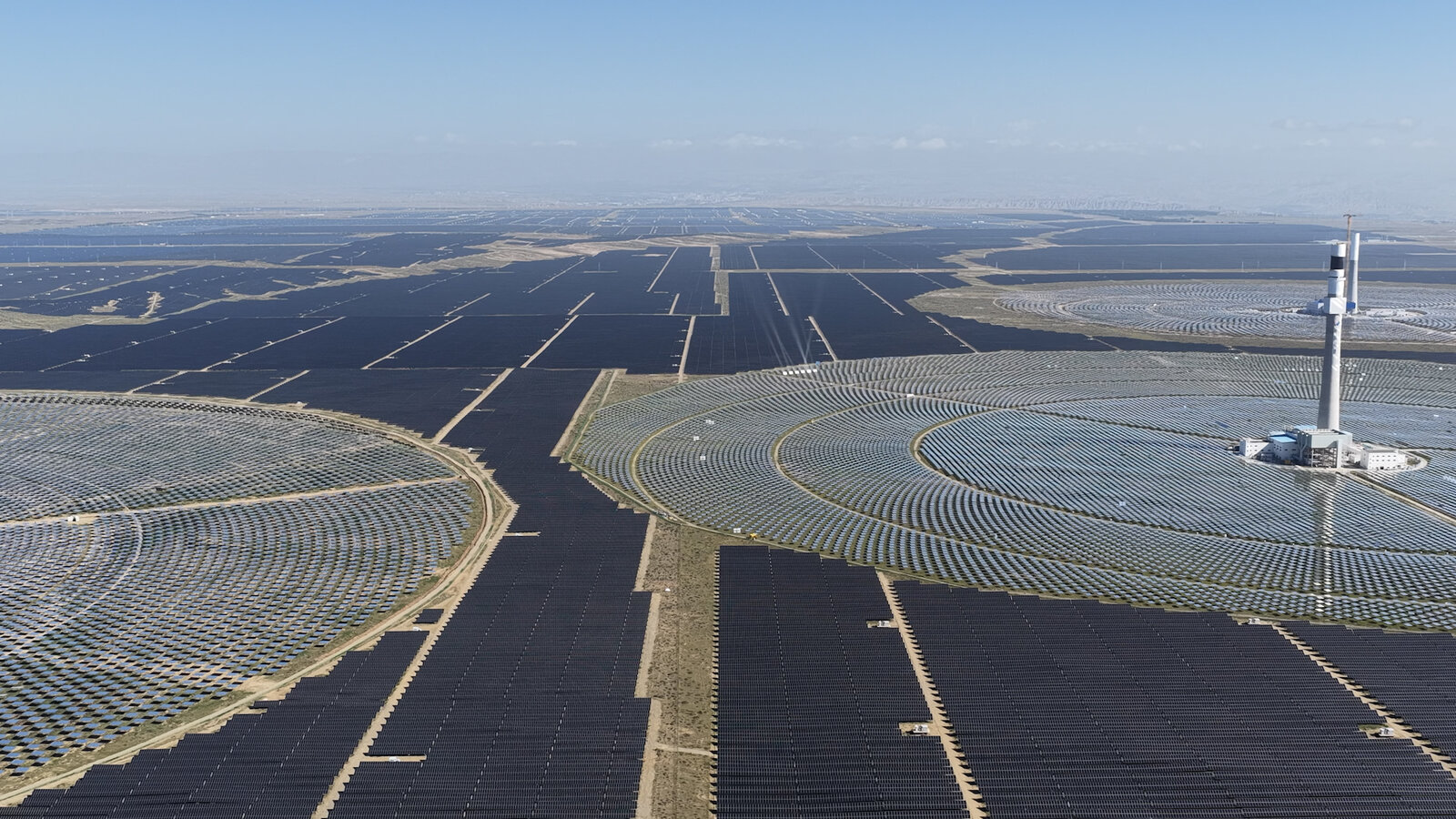4 things a week: AI, packaging & plant based sequins

1. World
A few of the team attended the Rethinking Materials summit in London this week. It was a wonderfully nerdy event full of deep discussions on plastics, coatings, pulp, bio-based innovations, recycling, circular solutions and a lot of discussion around the use of AI. There were some really exciting projects presented on stage, AI driven innovations in bacteria, cellulose and seaweed in particular stood out. I even found myself having a discussion about materials being proposed made from fibres extracted from processed sewage.
At the other end of the product life cycle companies like Greyparrot, who I’ve written about before, are developing clever AI powered technologies that can sort and recapture materials more effectively in waste management.
What was lacking was any discussion about about the bit in the middle.
As more data is collected to model the flow of material through systems, for example how much plastic packaging from a supermarket makes it to a local recycling facility, it’s very easy to lose sight of all the people involved. The customers, the brands, the users, the waste sorters - these are all people with thoughts, ideas and varying levels of understanding about issues like plastic waste or recycling contamination.
One anecdote in particular has lingered in my brain from a discussion with someone from Greyparrot about the increase in random items being thrown in the recycling bin. They were suggesting that it was laziness and, yes that’s definitely a factor, but I suggest that it’s also a sign of progress. Hear me out.
You can’t easily put a broken pram into a curbside recycling bin, but you can a large bin found in the community bin stores of flats. It’s not laziness that causes someone to put it in the recycling bin over the general waste bin baring in mind they are right next to each other. But there is a greater awareness that there these kinds of products - even if broken - shouldn’t be just thrown away. That it’s bad for them to end up in landfill (although actually people don’t realise that we incinerate most non-recycled municipal waste in the UK) and that there is still value in the materials. So they are ‘wish-cycled’. The fact that this is increasingly happening, means people are becoming more aware.
Yes, it’s a massive pain for the murfs (MRF - Material Recovery Facility), but what if we could build on, and accelerate, this shift in people’s behaviour?
I have an app that I can use to scan a book barcode and it automatically gives me the value of that book. It might be or a couple of quid or it might be 5p. But knowing I’m getting something for it means that I’m incentivised to shift old books that I don’t need (or can’t give away to colleagues and friends). Once I have amassed over £10 in books, scanning them into the app, I just package them up in a box, leave it outside my front door and in a day or so it gets collected and I get my tenner in my bank account.
Imagine if I could do the same with that wheel-less suitcase, broken coffee machine and rusty microwave and it actually went somewhere that could properly deal with it? That’s surely a good use of AI.
Some of the exciting material innovation companies that I mentioned above included:
Seprify - making an natural alternative to titanium dioxide which is used as a whitener in everything from toothpaste to milk
Sequinova - who make plant-based sequins and recently collaborated with Stella McCartney (pictured above)
Kuori - who turn olive and nut waste into bio-based TPE - a rubber like material for things like shoe soles and rubber tyres. (pictured below)

2. Innovation
Walk into any supermarket in 2025 and you’ll see that plastic packaging is increasingly being replaced by "eco-friendly" alternatives. This isn’t surprising. Our news feeds are flooded with reports about microplastics showing up everywhere - from inside our brains and blood to Antarctic. With the packaging industry responsible for 40% of all plastic waste, it’s clear to see this is where some of the blame lies.
So when brands put out new plastic-free packaging equipped with bold green claims, environmentally conscious shoppers will naturally gravitate toward these. But just because something says it’s green on the tin doesn’t mean it’s true. The reality is actually far more complex.
Read my advice for sustainable packaging in full at Business Reporter.
https://www.business-reporter.co.uk/sustainability/sustainable-packaging-myth-vs-reality?Preview=1

3. Morrama
We were very excited to find out last week that we had scooped not just one award at the Dieline Awards this year, but two! We had been shortlisted in the Health, Body & Beauty category and picked up 1st place, and we also were awarded Plastic Free Innovation of the Year which was a wonderful surprise. A huge congratulations to the team, especially to Lucy Williams who has been diligently leading on this project for the past couple of years. Also a shout out to Shellworks who have been a pleasure to work with and have developed an incredible material with Vivomer that we adopted for the Wild shower gel refill.
You can read more about this award winning packaging project here.

4. Inspiration
Don’t know whether it’s specifically inspiring, but the latest innovation in paper cups from Starbucks is pretty interesting. Working with a company called Quarzo, they have created a paper cup with a silicon dioxide layer that is waterproof and maintains the papers inherent compostability and recyclability. So, no more plastic lining that needs to be removed in the recycling process. Pretty cool right! Well, I think it's pretty cool because this takes us one step closer to the elusive bio-based, compostable and recyclable holy-grail of paper based liquid packaging.
Obviously because its Starbucks people will naturally judge them as still being bad for the environment as any ‘big’ company must surely be. But it’s great to see these plastic free innovations being rolled out IRL at scale.
If you want to join the conversations, email us to 4things@morrama.com.
My '4 things' will be back at the end of next week.
Jo, and the Team x




